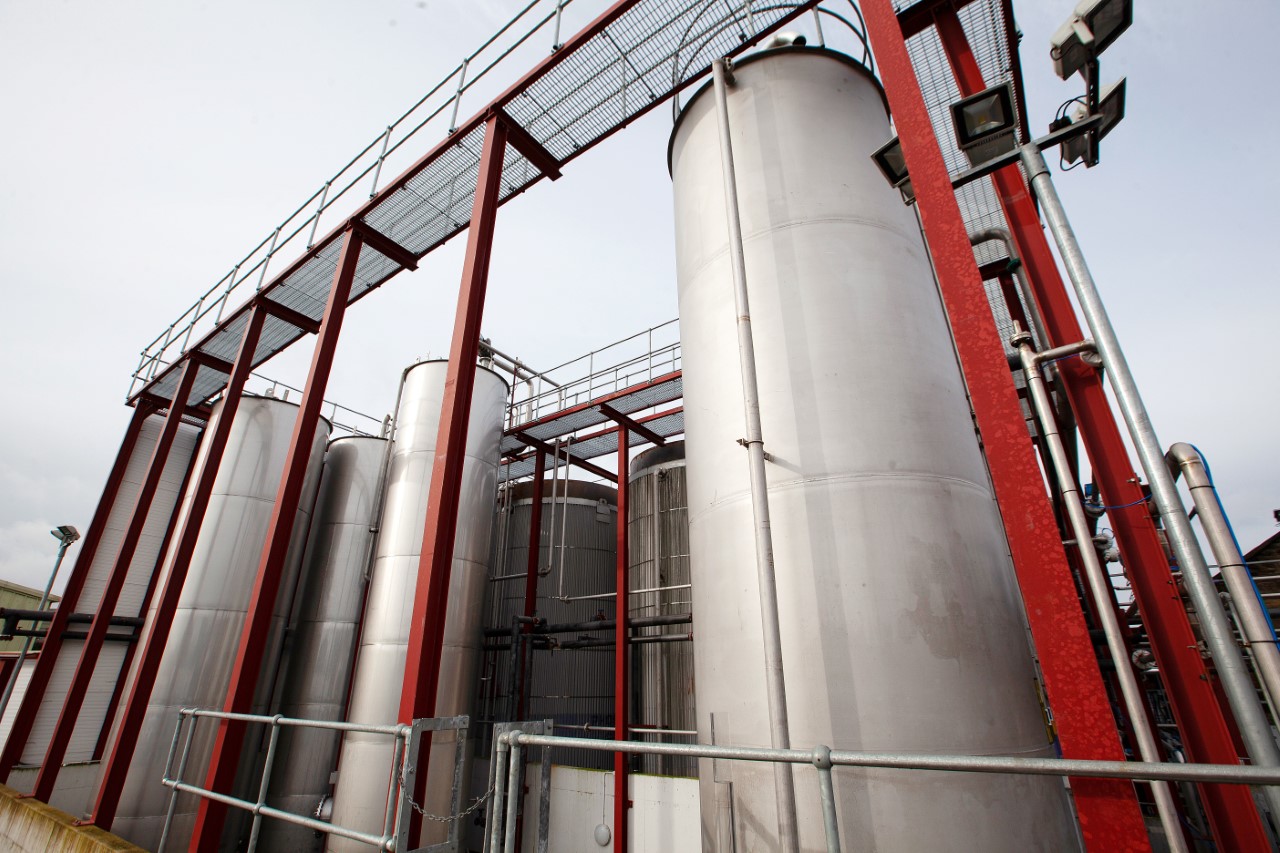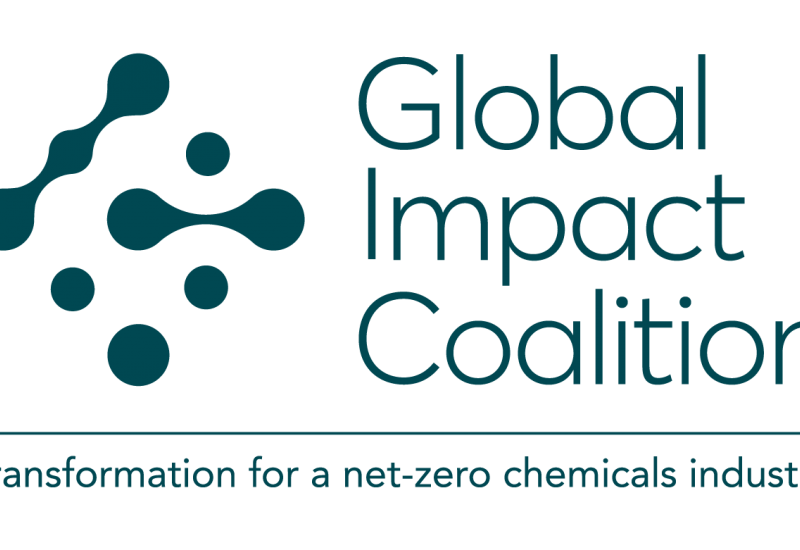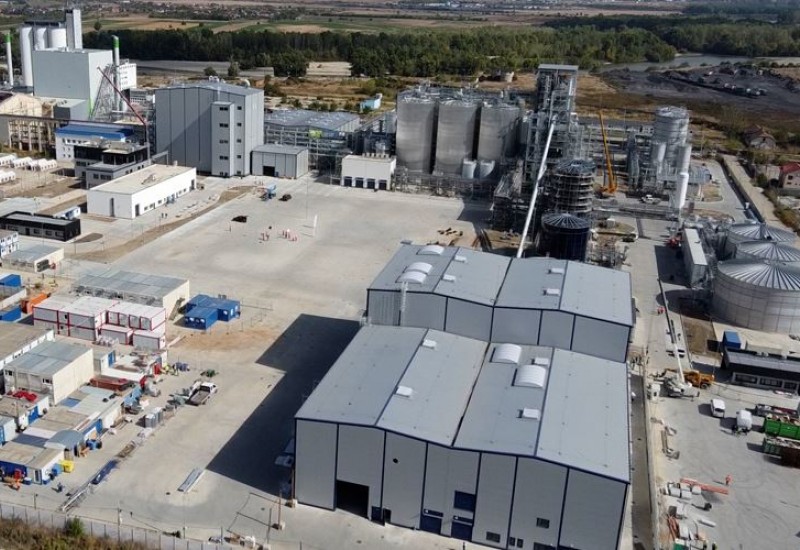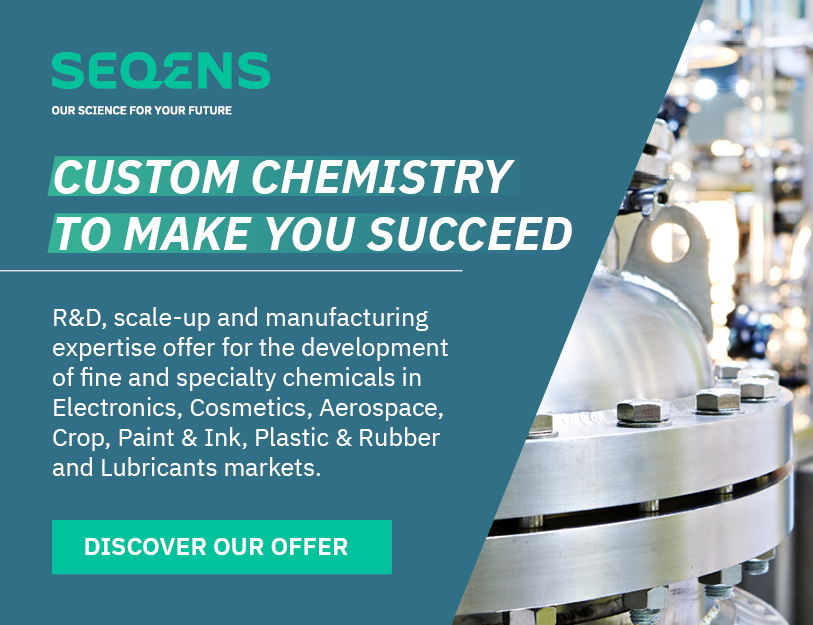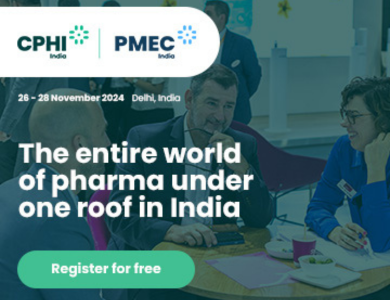Feature article - Staying compliant amid UK-EU supply chain rules
Andrew Ramsey, head of regulatory at Airedale Chemical, advises on how to navigate the regulations associated with supply chain intentions between the UK and EU and the sourcing of raw materials
International trade became significantly more complex after 1 January 2021 with the end of the Brexit transition period. Now, there are now many trade barriers to consider, overcome and pay for, which vary depending on where you are getting your materials from.
This has been felt particularly keenly within our industry. Chemicals are not simple products to transport and if, we are able to source from local or UK suppliers, we will. However, many chemicals are not manufactured in the UK and we are forced to source them from the EU or beyond.
As a company, Airedale Chemical needs to know where our supplies are coming from and ensure we are asking suppliers if their products meet UK REACH regulations and check where we can support them going forward. It is important to be aware that the onus is on us, the buyer, to find out what the supplier’s intentions are.
One of our products is bought from a UK company that manufactures in the EU, so it should be simple to sell that product on to UK distributors. However, we also sell it to a company that uses this in the manufacturing of its products and which needs to be aware of its origins so that they can pay the appropriate tariff.
As a manufacturer and distributor of chemicals that both imports raw materials and exports chemical products beyond the UK to Europe, Airedale has been immersed in the many regulations and legislations affecting this industry for years. So much so, that we now have a compliance department dedicated to ensuring we are on top of existing and new rules and remain compliant. Alternatively, the consequences of failing to comply would, at the very least result in disrupted operations, and possibly criminal prosecution if it is shown that information has been deliberately concealed, or tariffs not paid.
A matter of preference
Those businesses not lucky or large enough to have a team of people focussed on regulatory affairs would benefit from training a customs specialist. Alternatively, the local chamber of commerce should be able to provide at least some advice on importing and exporting of goods.
Currently, goods are largely categorised as ‘preferential’ or ‘non-preferential’. While the term preferential applies to goods being traded between two parties with a preference agreement that meets the rules of origin and origin procedures; products of non-preferential origin are destined for purposes other than those of preferential duty.
Once again, our customers may require us to update annual long-term supplier declarations for both preferential and non-preferential products. Airedale regularly deals with both. Some of these are imported for use in our formulations, some are forwarded on as part of distribution agreements with our partners and some are used in chemical processing.
If you are sending products back to the EU you need to be sure it has been processed adequately to avoid tariffs. For example, it is not enough to buy bulk chemicals and re-pack into small packages. It needs to be manipulated and processed using specific and specialist equipment and materials. With products like phosphoric and lactic acid, if there has been no specific processing, they cannot be sent back without tariffs.
At present, if the supplying company is happy to confirm the source of origin and if it originates from just one country, it should only take a few days to receive a certificate of origin. On more complex occasions where a product has origins in multiple countries, it may take longer to process. However, it is likely that at some date it might be necessary to have certificates in place for all imports in case the government demands evidence for every one.
Self-certification can be useful where there are long-term supplier relations and declarations and used for imported and manufactured products. We can use ‘importer’s knowledge’ on imported products, which allows us to claim preferential tariff treatment based solely on our knowledge about the originating status, saving many hours of processing and resources.
How to get it right
Tackling the administration involved in certifying origin and ensuring your business is following the correct procedures can be a daunting task and the pressure to get them right can be overwhelming. Take the time to get to know and understand your supply chain in the first instance, assessing its strengths and weaknesses and map it out so you have a clear vision of how it looks. This will help you grasp and pre-empt the information your customer might need and what/how you can source this information from your supply sources.
In some cases, we also deal with goods classed as ‘free circulation’ which have had duty paid on them and cleared by HM Revenue & Customs that are free to be sold or processed within the customs territory. Since January 2022 it became a legal requirement and it is expected that anyone found not to be adhering to the rules after this date may be found guilty of fraud, which would be treated as a criminal offence.
Before Brexit, there was a minimal amount of time required for import/export regulations and tariffs as long as REACH was observed. Now there is a huge amount of resources spent on administration, paperwork, communication with suppliers and time spent on keeping up with the latest rules and regulations before an order can go out.
There is a risk that customers will go elsewhere, to other suppliers, if they are not happy with the origins of a product or tariffs associated with the products you provide. So, although the introduction of these regulations post-Brexit has resulted in a costly and time-consuming wall of admin, it does provide a level of extra added value for customers.
Contact:
Airedale Chemical
www.airedalechemical.com


